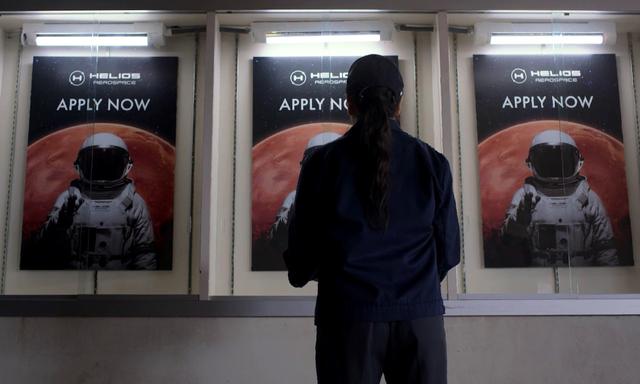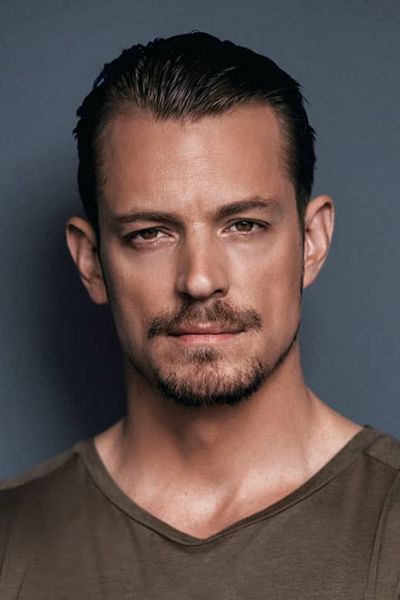There has never been more forms of visual entertainment in human history than there is right now.
Speaking as people who watch TV and movies in a professional capacity, we can barely keep up with it at all. In fact, we're barely scratching the surface of what's available and very often have to ignore things that deserve mention in favour of covering something popular. Of course, discernment and popularity aren't the same thing, especially when it comes to TV and movies. Just because something's popular doesn't mean it's any good. Chances are someone you know has talked about 'For All Mankind', and there's a better chance that they've raved about it to you. If you need something even remotely resembling an official recommendation, take this as one and give it a go.
Let's start with a brief synopsis - the series begins in the late '60s, and diverges from our history in a pretty unique way. Essentially, the Soviet Union landed on the moon before the US did. As a result, the Space Race never ended and the intervening years has seen technological advances arrive much, much sooner. Helium-3 - that's the precious fuel resource that's available on the moon (right this very minute, by the way) - is being harvested and providing the world with clean energy and doing away with gas and oil industries. Worldwide communication via computers is available to the masses in the eighties, while the nineties sees handheld devices resembling our iPhones. By the world's timeline in the fourth season - the first episode landed on Apple TV+ over the weekend - humanity has now established a permanent base on Mars. Oh, and another thing, there might be life on it, the Soviet Union is still around under Gorbachev, and Al Gore is the President of the United States.
Leaving all the framing devices aside, 'For All Mankind' is really a character-driven melodrama along the lines of 'Mad Men', particularly where people's professional and personal lives often mesh and cross over in frequently messy ways and often defines them. The series lead, Joel Kinnaman, is now an ageing astronaut and leads the human settlement on Mars. The three seasons leading up to this adds to how tired and how worn out his character is, but also speaks to his insistence on continuing on long past the point of normalcy. The new season does tend to sideline him somewhat, and instead newcomer to the series Toby Kebbell takes up much of the dramatic tension in the series. Previously an oil rig worker, now unemployed and working menial jobs, Toby Kebbell's character believes his skills can be put to use by joining a mining operation involving an asteroid being tugged towards Mars.
Without going into specifics, the operation doesn't pan out the way everyone expects, and Kebbell's character finds himself on Mars and trying to make ends meet. The central themes of the fourth season of 'For All Mankind' essentially rests on this question - if there's all this technology, and all this advancement and opportunity, how is it that workers are still being exploited? On Mars, workers and labourers bunk in cramped environments while astronauts and scientists are given preferential treatment, to say nothing of the prestige of it all. That tension is something series creator Ronald D. Moore has explored in the past, in another highly acclaimed sci-fi drama - the reimagined 'Battlestar Galactica' series, starring veteran actor Edward James Olmos and 'The Mandalorian' star Katee Sackhoff.
Obviously, it goes without saying that you need to watch the first three seasons of 'For All Mankind' to fully enjoy the fourth season, but those who have will find the show has lost none of its spark and ingenuity, and continues to be one of the best reasons to keep an Apple TV+ subscription going, as well as one of the best shows you're probably not watching.




















































































